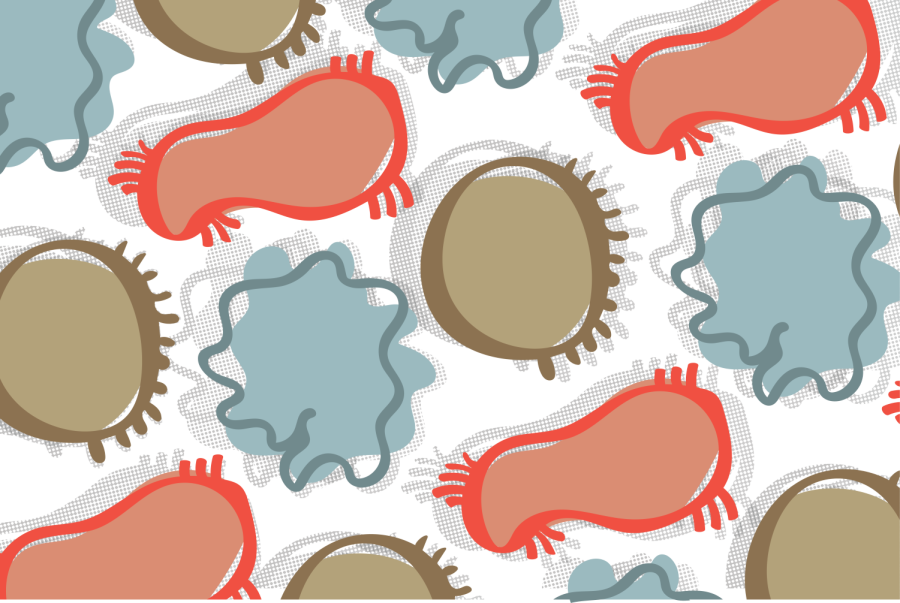The COVID-19 pandemic has hindered the University of Minnesota’s ability to conduct research in the larger community.
The University’s Office for Public Engagement faculty conduct research by going into communities throughout the state and cultivating relationships. They have adapted or halted their work as residents are contending with the state’s stay-at-home order, making research on sensitive issues especially difficult.
OPE connects researchers from multiple departments and disciplines to make policy changes in the communities they work in. Faculty partnered with OPE study topics ranging from the environment to immigration.
The office hosted a Zoom webinar Tuesday to discuss how this work has been impacted.
C Terrence Anderson, director of community based research for the University’s Center for Urban and Regional Affairs, said researchers and outreach workers who want to create change need to prioritize the goals of the community before they can make effective change.
“Who gets to decide what healing looks like for you?” he said at the webinar. “All of us, nearly all of us, I think, would answer that the person that was harmed gets to decide what healing looks like for them.”
Laura Palombi, assistant professor in the College of Pharmacy at the University’s Duluth campus, said building relationships is key for her work on substance abuse in rural and tribal communities.
“I think those of us that work with the marginalized are really worried right now,” Palombi said at the webinar. “The people that were already vulnerable are even more vulnerable.”
Prior to the virus, Palombi conducted in-person training for mental health, first aid and Naloxone — the drug that reverses an opioid overdose. Many of her projects are currently on hold as she shifted her attention to the pandemic.
“For me, that’s meant just being willing to wait and then to see where I can jump in and do something different,” Palombi said at the webinar. “Just because I’ve done one thing in the past doesn’t mean I can’t do something different now.”
She previously offered Naloxone information to pharmacists, but now she’s giving them self-care, financial education and parenting resources for their patients.
Lauren Martin, an associate professor in the School of Nursing who researches sex trafficking, said building relationships can promote community health to minimize exploitation in transactional sex.
“The bread and butter of how I work is face-to-face relationships, building and connecting with humans in a room,” Martin said at the webinar. “So that’s been, that’s been hard.”
Martin said there’s no hard data on how the stay-at-home orders have affected transactional sex workers, but some may be moving into more dangerous areas of the market due to a loss of income.
The team of researchers who have been predominantly focused on sex trafficking in the Twin Cities are looking more to virtual engagement. Martin said they haven’t previously reached those who do more of their sex work online, and this is an opportunity to develop those connections.
“We’re going to try to reach out to those communities to see if they’re interested in sharing ideas about what would prevent harm that they’re experiencing,” Martin said.














